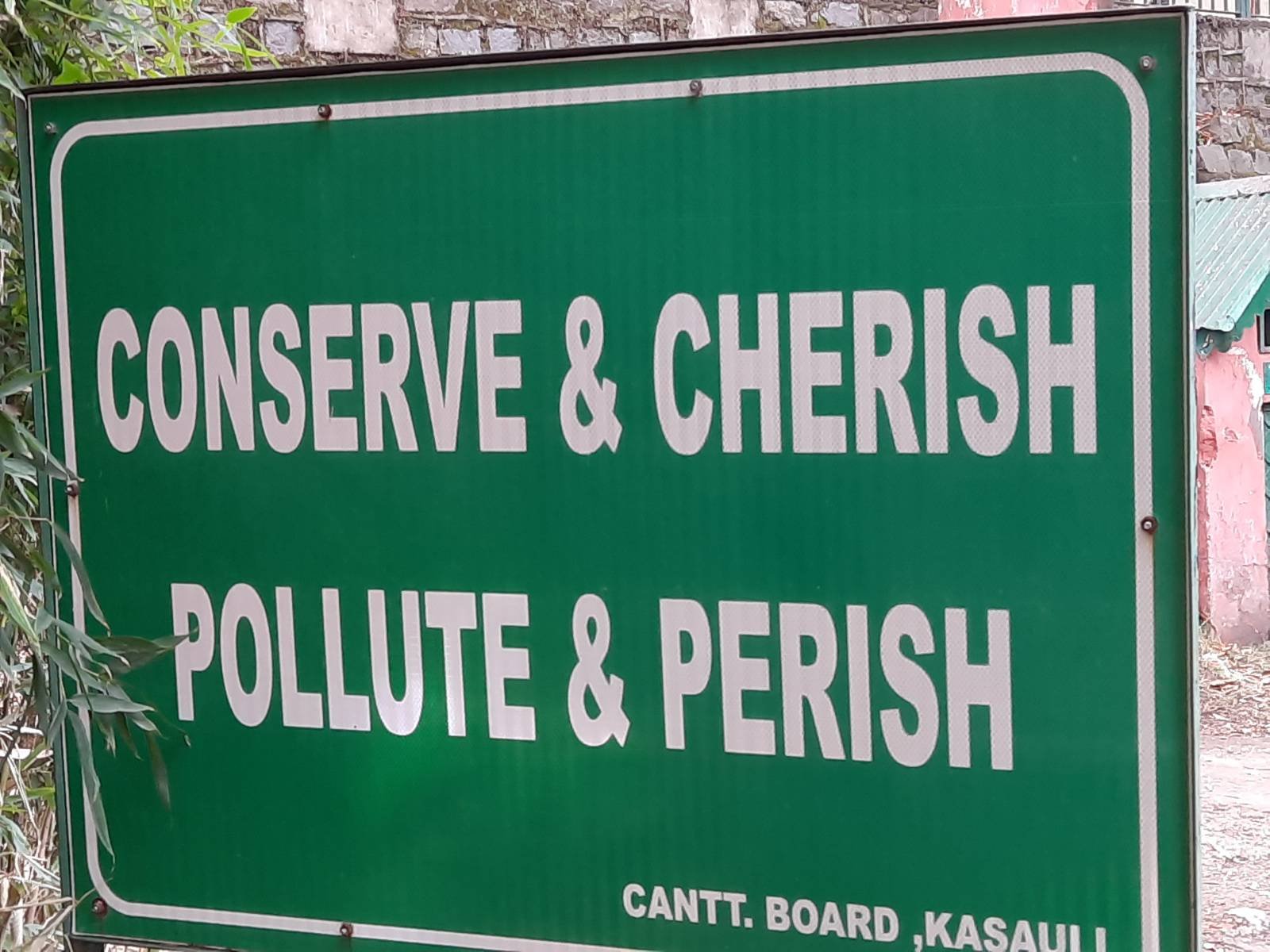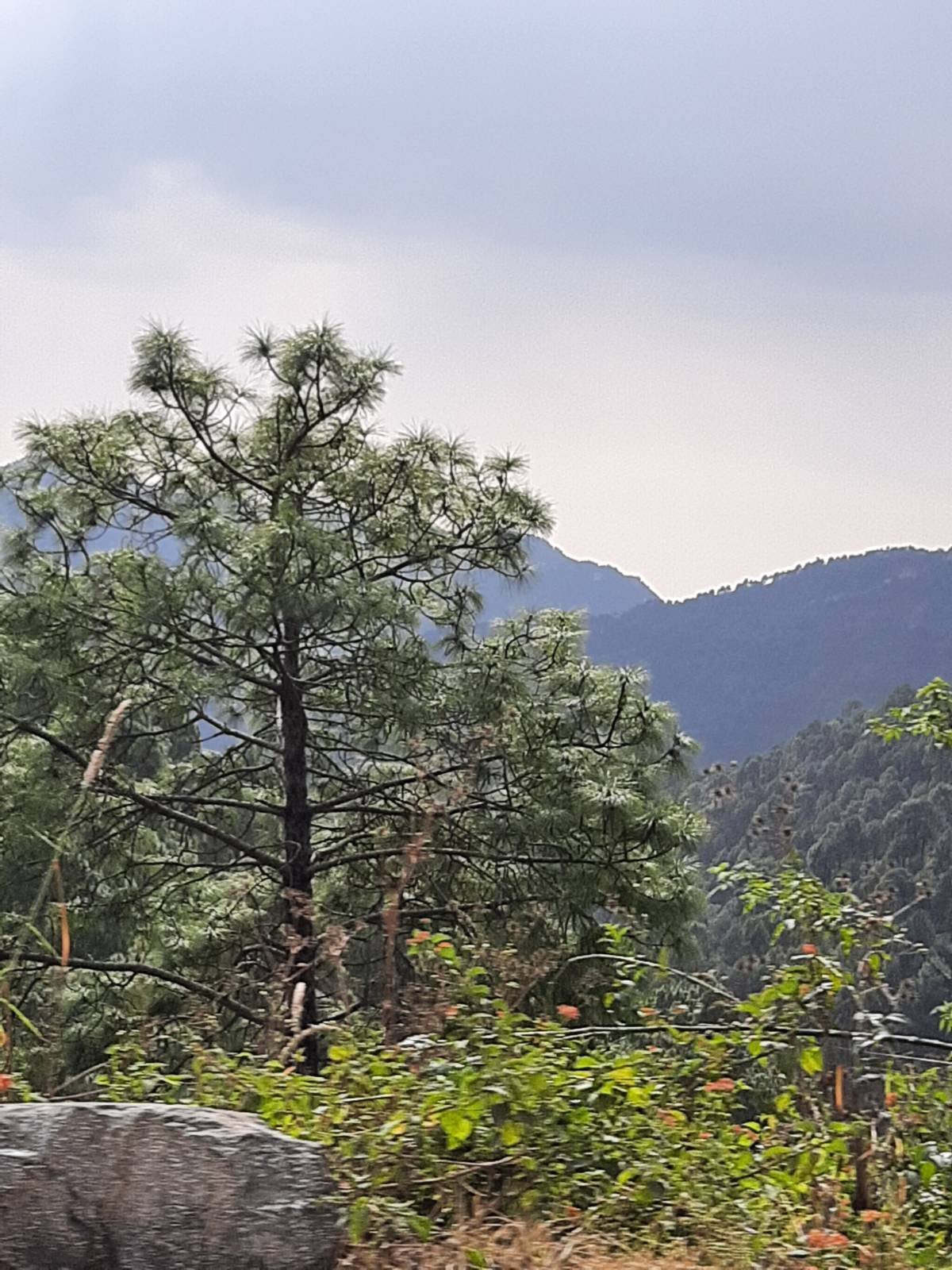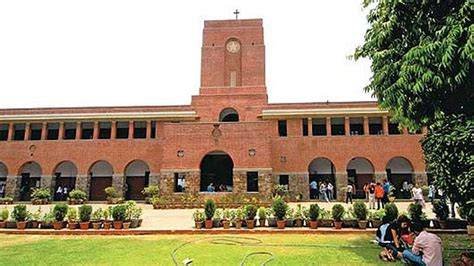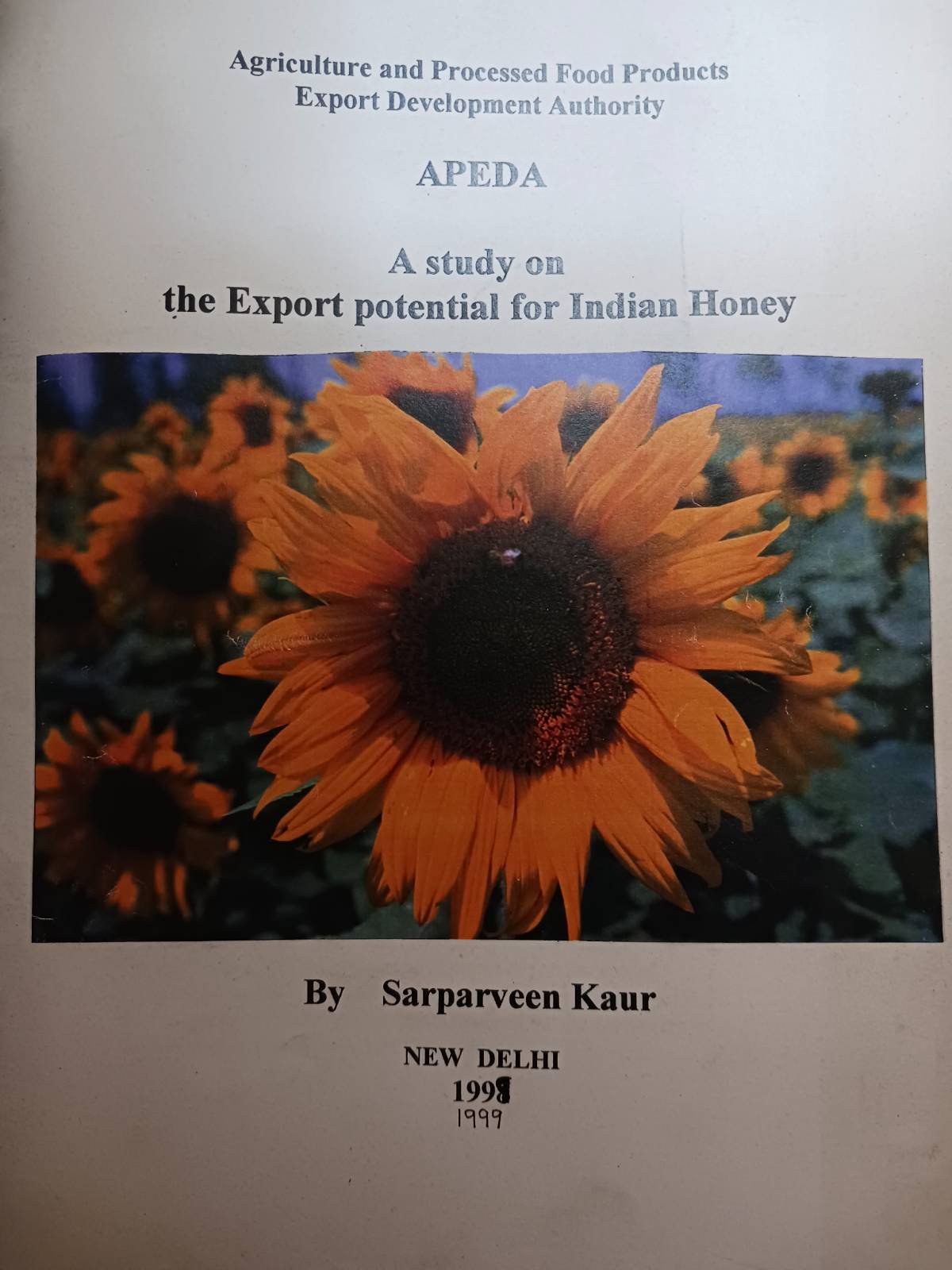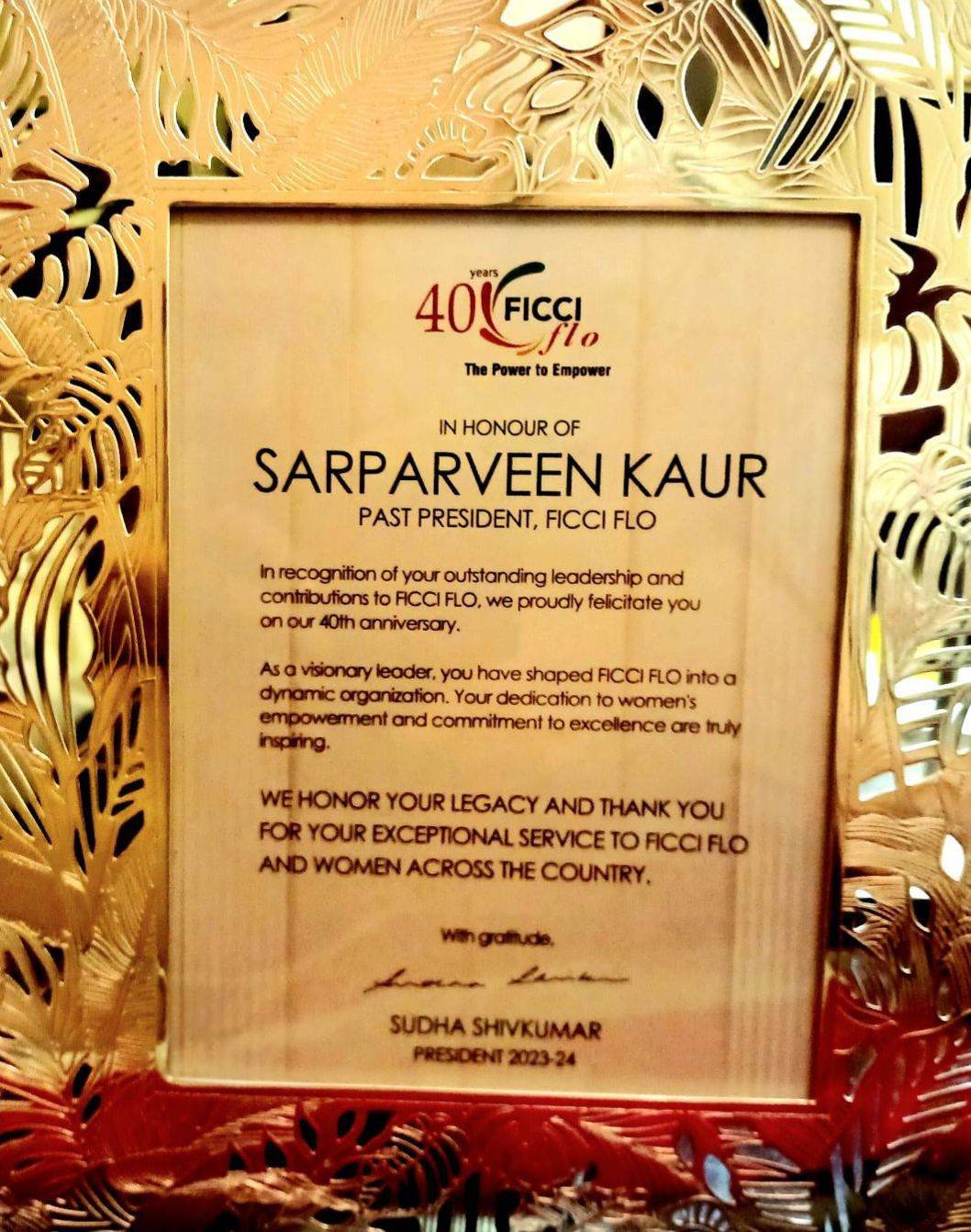I grew up in a Bygone Era which can no longer be experienced today
Born in 1945, I, Peter S Singh, spent my formative years on a traditional family farm in Punjab
In those days agriculture was all Organic, there was no electricity and a life of simplicity was lived , there were no refrigerators so meals were enjoyed with seasonal foods.
On the farm, land was ploughed by Bullocks, only cow dung and leaf compost was used as fertilizer, No chemical fertilizers, pesticides or weedicides were used to grow the crops and there was crop diversity, not mono cropping as is now practiced in today’s agriculture.
The meat we ate was from hunting game : partridge, wild boar from forests and hills nearby and from the river we get would get fresh water fish and migratory game like duck . Free range chicken was kept on the farm and cows gave us milk , buttermilk, butter. Grain and food was grown on the farm and we needed very little from the market
A bygone Era where simplicity of life was paramount, a lifestyle that no one today can even contemplate existed,
Today’s lifestyle is hectic, full of stressful times, smart phones. social media, concrete jungles of cities that have been created by cutting down forests and trees, cities full of polluted air , water and farms growing foods laden with pesticides, weedicides, chemicals, everyone conduming processed foods and drinks, ruining their health
The internet, social media rules everyone’s life and people have forgotten a one to one communication.
We were fortunate to have been a family of four generations living under one roof : my great grand father, grand parents, parents, and myself. This unique lifestyle of our multi generational household, spanning four generations, has been a source of wisdom , love, and shared experiences. Living alongside my great grand father, grand parents, parents, and me an only child, fostered a unique environment where traditions, stories, memories intertwine, creating familial unity. Our home is filled with the wisdom of the older generations, the energy of the younger ones, and the bonds that tie us all together.
Relatives visited, stayed weeks, Experiences were exchanged over open kitchen fires, there was no television, smart phones, internet, social media, only lots of reading and personal one to one relationships. It was truly a special environment where traditions are passed down, stories exchanged, memories created every day. The sense of familial unity and support is something we cherish dearly.
The Lawrence School Sanawar, Simla Hills, Himachal Pradesh.
My schooling was at The Lawrence School Sanawar in the Simla Hills, known for shaping young individuals into well-rounded adults, as Rudyard Kipling famously remarked : Send him to Sanawar to make a man of him.
The rigorous environment coupled with the serene surroundings of the Simla Hills created a unique setting that fostered personal growth and intellectual development.
My focus revolved around Science and Mathematics, fueling my passion for these subjects and laying the foundation for my future academic pursuits and career aspirations.
Our Family moved to Kasauli, a beautiful quiet hill station opposite the School , during the 10 years of my schooling the family lived in the unpolluted beautiful environment of the Himalayas. Kasauli was under the jurisdiction of the Cantonment Board of the Indian Army and the hills were preserved, No construction was allowed that could harm the natural environment , just sparsely located homes of those who lived there.
St Stephens College , Delhi University
My academic pursuits led me in 1962 to Delhi University's St. Stephens College for Mathematics Honors, Pure Mathematics at the postgraduate level and later studying for a Ph.D. in Topology aspiring to teach the subject.
University those days was a great intellectual Experience, debates, discussions, political and philosophical, and there was time to experience music, arts and so much more,
Again no internet, no mobile phones, a different Era , where you talked to each other, had little money to squander.
During the years of my education, my special interest was Mathematics and Science : to research and teach eventually
However, in 1973, marriage beckoned, and my wife Neeno and I chose to return to Punjab to embark on a journey to create a bio diverse farm on our Ancestral Farm in Punjab.
Our Journey of farming started then, as we set up one of the first bio diverse farms :
The farm was developed as an orchard of rows of fruit trees, 25 ft apart, featuring a variety of fruits. like pears, peaches, plums. oranges , grapefruit, bananas, with vegetables rowing under the fruit trees.
In between the rows of fruit trees, we grew different crops during the year, sunflower, maize, pulses, mustard and rape seed, The flowers of the crops provided nectar to our bee colonies for honey production and pollination by the bees increased seed setting. The harvested seed from the crops was supplied to the National Seeds Corporation, who then sold the seed to farmers to grow these crops for the market.
On the boundary of the farm we set up a windbreak of timber trees which protected the farm from storms and inclement weather. The boundary was hedged by a row of black plums, and flowering trees providing nectar to our bee colonies , producing honey So it was a multi cropping pattern instead of the standards wheat and rice rotation which is practiced now. Wheat Corn, pulses and rice were planted only for home consumption.
Soil was regenerated with green manuring plants, while also utilizing the dairy farm's waste for bio gas and compost. this ensured fertility and porousness of the soil. The farm demonstrated a holistic approach to agriculture, generating income year-round and supporting environmental sustainability.
This journey over the years has been a great learning experience by means of which we developed our current model of a sustainable Lifestyle, where our home in Delhi has been converted into an Urban Farm with clean AQI 15 air quality, growing organic vegetables, herbs, fruits, fresh water fish with Aquaponics and Permaculture.for our family, preserving the natural environment and combating climate change .
We played a crucial role in expanding beekeeping as income generation for small farmers and set up 750 small farmers to do beekeeping.
We established beekeeping with Apis Mellifera, on our farm In the Punjab, maintaining 500 bee colonies that yielded 80 kg of honey per colony annually. The honey extracted from the bee colonies was bottled and marketed by us and for the first time in India we offered sought-after single-source honeys like clover blossom, orange blossom , Eucalyptus blossom, mountain blossom from the Himalayas, sunflower honey, mustard, rapeseed honey
Our focus on research led us to pioneer research on management of bee colonies and queen breeding, resulting in disease free bee colonies producing high honey yields As the first registered R&D organization for beekeeping with the Department of Science and Technology, Government of India, we developed video training courses, providing training to enthusiasts. Moving to Delhi for our children's education, we sustained beekeeping farming operations in Punjab till 1990
On Independence Day in 1988, we were honored by the Punjab Government with a Praman Patra award : An Award of Excellence for our significant contribution towards developing the beekeeping industry in Punjab
We were the pioneers to introduce beekeeping with Apis Mellifera in the Punjab, a high yielding species introduced in 1973 in India
We were given an Award of Honor by the Punjab Agricultural University Ludhiana for our contribution to beekeeping in the State of Punjab
In the year 1992, we were invited by the Punjab Government to set up the first integrated project on beekeeping.
This project involved breeding honeybees, providing training and honeybee colonies to farmers, manufacturing and supplying the necessary bee equipment, offering a market by purchasing and packing honey under Agmark, and creating value-added products using honey and ayurvedic herbs, which were marketed in Delhi. Our unit became the pioneer in India to export single-source honeys to the quality concious markets like Germany and the USA, we were exporting an impressive 2000 tons of honey annually, generating employment opportunities for small farmers
On Independence Day in 1998, we were honored with a Praman Patra : An award of Excellence by the Punjab Government for our significant contribution to developing the honey industry in 5 years, increasing honey production from 300 tons to 3000 tons in Punjab.
As founding members of the National Beekeeping Development Board, we were resource persons for the Ministry of Agriculture, Government of India, assisting in formulating policies for beekeeping development in India, particularly with the Italian honeybee Apis Mellifera.
APEDA Published a book written by us on the Export Potential for Indian Honey
Despite our achievements, increased competition from large corporations in the honey Industry in India who did honey processing and export led to the closure of our unit in 2000.
Our legacy persists in 750 farmers we trained in beekeeping in Punjab, who continue their work of producing honey
Neeno was the managing partner in our beekeeping enterprise, overseeing marketing initiatives in Delhi.
Her exceptional expertise, lead to her induction into the Federation of the Indian Chamber of Commerce and Industry (FICCI) Ladies Organization.
The pinnacle of her achievements came in 1997-1998 when she was elected as the All India President of the FICCI Ladies Organization, solidifying her leadership and influence in the industry.
Neeno is the plant growing expert in the urban farming system in our home
Sarparveen Kaur (Neeno) was born in 1954. Her father was in the Armoured Corps, and retired as a Major General , Director Armoured Corps.
She moved from school to school across India , wherever her father was posted, experiencing the diversity of Life and Cultures in different states of India. Following her schooling, she pursued her graduation from Sacred Heart College Dalhousie.
In 1973, Immediately after completing her degree, Neeno got married to Peter S Singh and the couple together, made the difficult, heartfelt decision to go back to their ancestral farm.
The farm was nestled in the verdant fields of the Doab region of Punjab between the Sutlej and Beas Rivers flowing down from the Himalyas through Punjab. She seamlessly embraced the art of farming, as she immersed herself in every facet of nurturing the land. Her invaluable contributions were instrumental in the gradual evolution of their ancestral land into a thriving haven of a Bio Diverse Farm growing fruit, vegetables, oil seeds, beeflora
Neeno was a part of the family’s various ventures, took up beekeeping, then marketing in Delhi of the honey bottled by their beekeeping unit as unique single source honeys available for the first time in India, like Orange Blossom , Himalyan Blossom, Eucalyptus , Clover, Acacia blossom, Mustard flower honey.
Meet the next generation , our two children, born after we moved back to our ancestral farm in Punjab in 1975
Our children Kirat Singh and Jyotsna Kaur had the good fortune of growing up in the pristine environment of our Bio Diverse farm, living in the loving embrace of a family of 4 generations, my grandparents, parents, me and my wife and the children . This familial love and interaction of 4 generations led them to experience the warmth, caring, wisdom, of the different generations, hearing old stories and interacting with each other and relatives who visited .
There was no social media so time was spent reading, discussion, learning, love for knowledge and for each other. This led to the children excelling in Academics. The family moved to Delhi when the children had to go to school, where they both joined Modern School Vasant Vihar
Our son Kirat Singh, born in 1975 excelled in Mathematics , Science, and Computers, he headed a School team that won numerous international software competitions in the last 3 years of his schooling.
He went on to get a full scholarship to Harvard for Mathematics and computer science. Subsequently he excelled in his career writing software for investment banks, and eventually set up his own company.
His company Beacon Platform is a provider of cross-asset class modeling and risk analytics, well recognised for software development for it’s clients all over the world
Our daughter Jyotsna Kaur, born in 1976, was an all rounder in School, and joined St . Stephens College for a B.A in Philosophy Honours. She then went on to do an MBA at City University in London. Subsequently she held top marketing managerial assignments with various companies. She returned to India eventually and settled in Lucknow.
She is a social entrepreneur, has set up her own company Lucknow Farmers Market - LFM , which helps producers of handicrafts, organic products, farm products market their produce online .
Let us get together to conserve Nature & our environment
Subsequent to the closure of our honey and beekeeping project, our journey continued as we developed our home in Delhi into a Sustainable Organic Urban Farm
growing our own organic vegetables , herbs, fruits and fresh water fish for our family
being a pollution free AQI 15 home in Delhi naturally cooled , no airconditioners,
only recyclable waste leaves our home as we compost our kitchen and garden waste to produce vermicompost that grows our food,
harvesting rain water to recharge underground aquifiers and provide water for our plants in the greenhouse,
recycling grey water to grow fruit trees in the greenhouses around our home,
generating an income from our home by sale of vegetables to our customers in South Delhi,
Using Agrivoltaic solar systems on our rooftop to power our home and grow food in the greenhouses around our home by producing electricity required.


